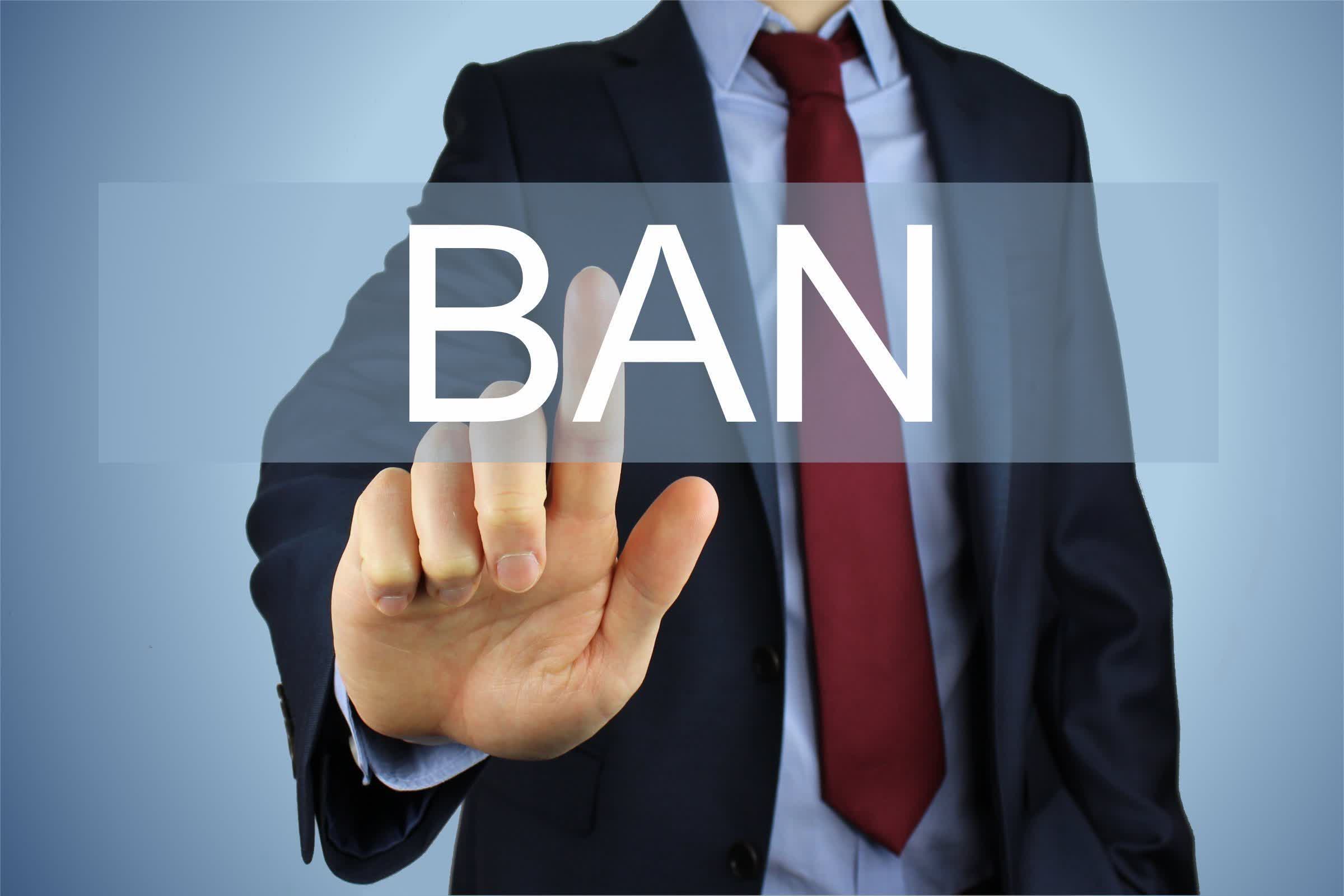In context: We have seen a trend where many western nations are passing laws protecting online privacy and internet users' civil rights. However, there is another trend of doing the exact opposite in more repressive countries. Indonesia is the latest to tell online services to hand over customer data and censor the posts they say or else.

Over the weekend, Indonesia banned several websites for noncompliance with a new law. The law, dubbed Ministerial Regulation Number 5 or MR5, requires "private electronic system providers" to register with the Indonesian Ministry of Communication and Information (Kominfo) and turn over specific users' data. The law also requires companies to remove content that "disturbs public order" or that the Indonesian government deems "illegal." Companies must respond to removal demands within 24 hours or four hours for "urgent" content.
So far, Kominfo blocked eight services and games in the country, including Yahoo, Steam, DOTA2, Counter-Strike, Epic Games, Origin, Xandr, and PayPal. However, the PayPal ban had an unintended negative consequence on customers since it effectively locked them out of the funds in their accounts. Reuters notes that Kominfo responded quickly to concerns by temporarily lifting the ban.
"[PayPal users] can access the site until August 4 to migrate, get their money, and find other services," said Kominfo General Director Semuel Abrijani Pangerapan.
Reddit users report that Steam and Epic Games accounts are completely shut down, and some of their purchased titles are unplayable. However, Valve is currently working on getting registered in Kominfo's database to restore service to its customers in the region as quickly as possible. It wishes to avoid losing two of its most significant revenue streams — DOTA 2 and Counter-Strike.
Quick update for those asking-
— Daniel Ahmad (@ZhugeEX) July 30, 2022
The blocks are not permanent, assuming the companies register and comply with the regulation, and Kominfo has already reached out to these companies to ensure compliance and reverse the block.
Here is a list of affected services: pic.twitter.com/6K121xVEMP
Other companies that have already bowed the knee to Indonesia's repressive law include Apple, Microsoft, Google, Amazon, TikTok, Twitter, Netflix, and Spotify. The Financial Times notes those companies registered last week, and all remain active in the region. Pangerapan said that the bans are not permanent as long as companies comply with the law. Once a service registers with Kominfo, the country will lift its suspension.
Indonesia is not alone in enacting draconian legislation such as MR5. The Electronic Frontier Foundation (EFF) notes that Germany got the ball rolling in 2017 by passing its "NetDG" law. NetDG requires online service providers to block or remove content the government doesn't like, and it doesn't even require a court order. Since then, Venezuela, Australia, Russia, India, Kenya, the Philippines, and Malaysia have passed similar legislation.
As effective as these laws appear, it does not make them any less tyrannical.
"Failure to comply with these demands subjects companies to draconian fines (and even raises the specter of blocking of their services)," said the EFF in 2021 when Indonesia jumped on the authoritarian bandwagon. "This creates a chilling effect on free expression: platforms will naturally choose to err on the side of removing gray area content rather than risk the punishment."
The EFF believes that MR5 and other laws like it are an invasive violation of human rights. The EFF, SAFEnet, and several other consumer watchdogs sent a letter to Kominfo asking it to repeal the unjust law and its "invasive content moderation rules."
However, it's likely to take more than an open letter from a handful of human rights organizations to remove the country's power grab. Such oppressive regulations can usually be affected only when other countries threaten sanctions, which has not happened with similar laws.
Image credit: Nick Youngson
https://www.techspot.com/news/95491-indonesian-law-mr5-bans-access-many-online-services.html